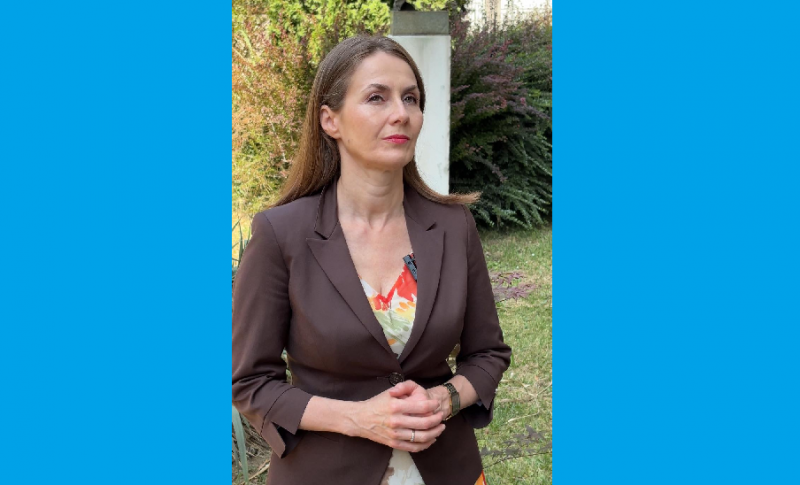On the occasion of the International Day for Countering Hate Speech, the Commissioner for the Protection of Equality, Brankica Janković, takes the opportunity to once again warn the public about the unacceptable omnipresence of hate speech, degrading and offensive conduct, and other types of inappropriate language in our public and political arena.
Janković emphasizes that such hate speech is no longer confined to the margins — it now comes from podiums, institutions, national broadcasters, and social media profiles with tens of thousands of followers, most often from those who have public visibility or political influence. Its targets include nearly everyone: male and female journalists, civil society organizations, activists, the academic community, students — whether those blocking or those opposing — politicians, artists, athletes, and individuals who are labeled as Nazis, fascists, Ustashas, and so on, while in cities across Serbia, banners and graffiti with offensive messages and symbols such as swastikas, Celtic crosses, Ustasha insignia, and other banned symbols are appearing. Also to be strongly condemned are the targeting, threats, physical attacks, and confrontations that often result from such speech. She also reminded that over the past years, the Commissioner’s institution has issued more than one hundred warnings, filed several criminal complaints, and initiated strategic litigation due to hate speech and degrading and offensive conduct.
The scale and normalization of this kind of speech, its relativization through various spins, as well as the lack of appropriate reactions and sanctions, lead to a loss of trust in institutions and render meaningless the constitutional and legal prohibitions against hate speech and degrading and offensive treatment on any grounds, the Commissioner emphasizes.
No matter how difficult the situation is, it can become even worse and lead to unforeseeable consequences if everyone does not urgently return to the boundaries of the law and if a societal consensus is not reached on the unacceptability and condemnation of hate speech and all of its manifestations that incite intolerance and violence. This kind of language must cease to be part of the linguistic matrix that deeply polarizes society, because the line between hate speech and hate crimes or other forms of physical violence — even conflicts — is very thin, the Commissioner warns.
The fight against hate speech begins with respecting the law, without exceptions, but no law can replace the human and moral obligation to refrain from communication that encourages intolerance, division, creates a degrading and offensive environment, and normalizes discrimination and violence. Only genuine dialogue, the rule of law, and respect for human rights can lead to a healthier, more tolerant society in which we all feel safe, Janković concluded.


